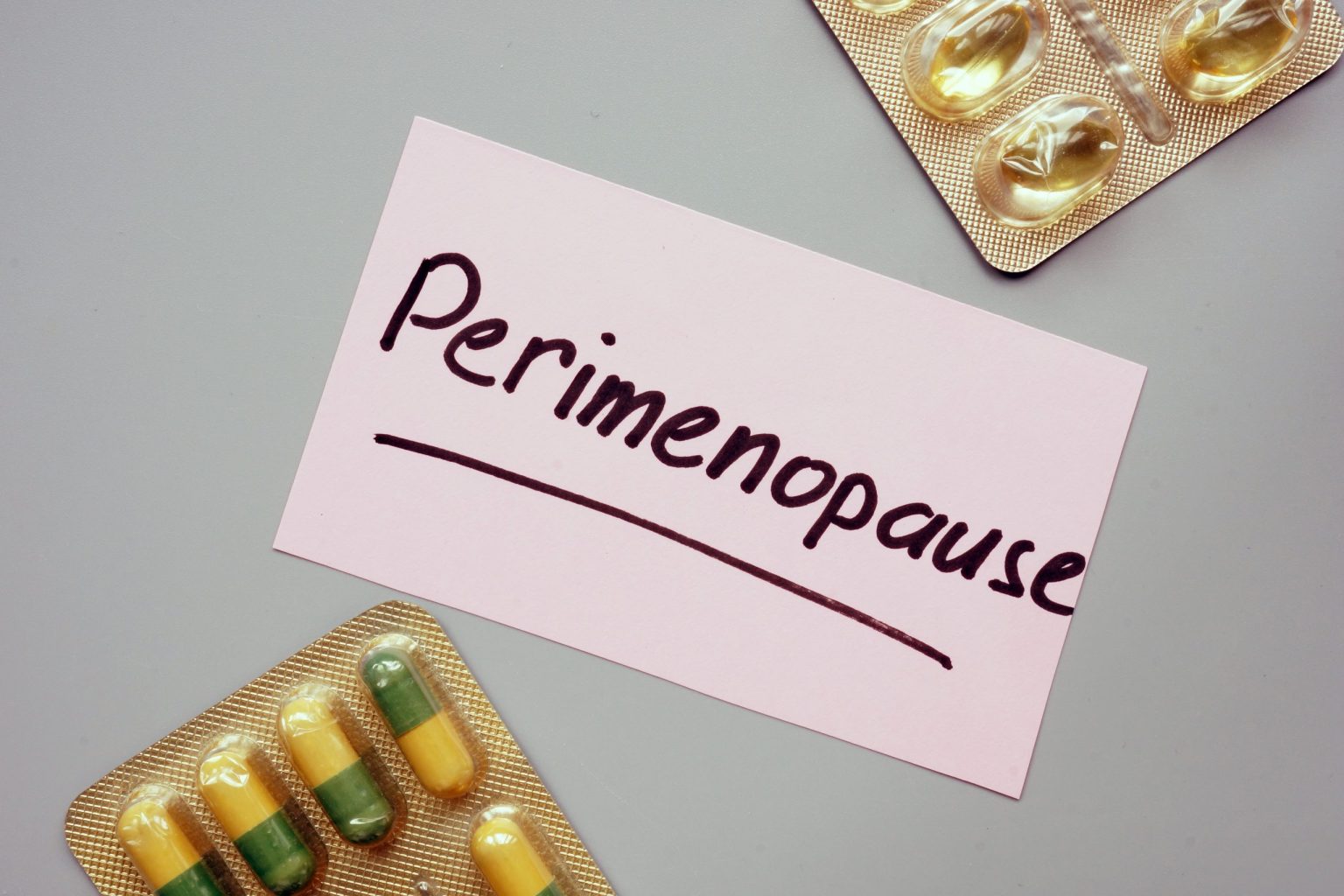As women approach their 40s, they may begin to experience the early stages of perimenopause, a transition marked by changes in menstrual cycles, including irregular periods and spotting. Perimenopause typically leads up to menopause, which is officially defined as having gone one year without a menstrual cycle, usually around age 51.
In a recent Instagram video, nutritionist Rujuta Diwekar shared valuable insights on managing perimenopause. She explained that symptoms can include changes in the duration and flow of periods, and highlighted physical and emotional shifts during this phase.
Diwekar identified several common effects:
Bones: Increased pain in the knees, back, or neck, especially around periods.
Brain: Symptoms of brain fog, like forgetfulness.
Heart: Changes in cholesterol, triglycerides, and blood pressure.
Hormones: Adult acne, bloating, and other hormonal fluctuations
Other noticeable changes include:
Urination: Difficulty fully emptying the bladder.
Hair and Skin: Reduced hair volume and changes in skin pigmentation.
Thermo-regulation: Hot flashes and temperature-related issues.
To manage these changes, Diwekar recommended:
Exercise: Aim for three hours of exercise per week, including yoga, strength training, and cardio.
New Hobbies: Engage in learning new skills to stimulate the brain.
Nutrition: Incorporate nuts, soaked black raisins, root vegetables, chaas, and dahi with raisins into your diet to alleviate symptoms and boost mood.
Understanding and preparing for these changes can help women navigate perimenopause more effectively.






